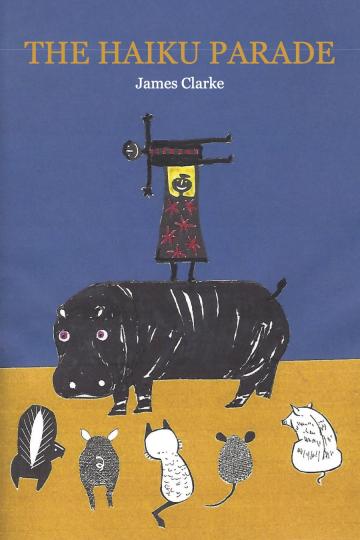James Clarke, The Haiku Parade (JCP, 2021)
Review by Michael Kleiza
There is plenty to choose from in James Clarke’s The Haiku Parade, the latest offering from the prolific author of poetry and memoir.
Clarke, a retired judge of the Supreme Court of Ontario, decided that during the Covid Pandemic he would write haiku daily. This daily work soon turned into an obsession. He ended up with a book comprising 7 categories and numerous sub-categories touching on his life on the Bench, family, love, nature and his own spirituality.
Haiku is originally one of a type of Japanese poetic forms that has been Westernised into a three-line poem of 5-7-5 syllables. It is used in Japan to describe an observation in nature with what is called an “aha moment” in the final line, some reflection that provides a new insight into the previous 2 lines of description. This is no easy task and requires the writer to lock into a certain mindset of study. Clarke seems to have been able to keep his focus to produce a panoply of verses.
What Clarke has done is present not only remarks on nature but on many aspects of life, giving us insight into a multitude of different human activities. From his time in the courtroom we have:
Afternoon in court …
dust in waning light ,,,eye of
justice turning gray.
Or, the rather cynical:
Small ice patch in town
possible hidden treasure
lawyers will file suit.
But the courtroom is only one aspect to this book chock-a-block with insight. Take for instance his writings about love:
Between coffee and
evenings return, the long slick
footbridge of loving.
Or this one:
Loving others when
they don’t love you — a new way
of being human
I could go on, this book has so much to offer.
The poet suggests that you read the book slow, as going through quickly (as I did the first time) you miss the nuance that is intended.
The author also notes that all the proceeds of the book will go to the Action Read Literary Centre of Guelph (www.actionread.com) for non-profit literacy community for adults and families in Guelph, Ontario.
Take your time with this book the way a writer of haiku may look at a tree, with deliberation but with a joy in seeing something new.
